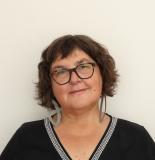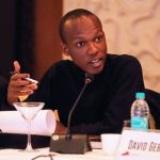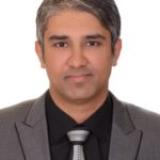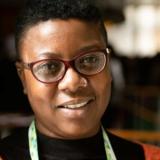Anriette Esterhuysen was the executive director of the Association for Progressive Communications (APC) - the largest ICT-focused civil society network in the world - from 2000 to 2017. She continues to work with APC as a consultant and convenes the African School on Internet Governance (AfriSIG), a joint initiative of APC, the African Union Commission and Research ICT Africa.
Ms. Esterhuysen has served as Chair of the Multistakeholder Advisory Committee of the United Nations Internet Governance Forum. as well as on the African Technical Advisory Committee of the United Nations Economic Commission for Africa's African Information Society Initiative (1996-1999), the United Nations ICT Task Force (2002-2005), the World Summit on the Information Society (WSIS) Working Group on Financing Mechanisms (2003-2005), the Commission on Science and Technology for Development Working Group on Internet Governance Forum (IGF) Improvements (2011-2012) and on Enhanced Cooperation (2017-2018), the Global Commission on Internet Governance and the Multistakeholder Advisory Group (MAG) of the IGF (2012-2014).
She was inducted into the Internet Hall of Fame as a Global Connecter in 2013 and received an EFF Pioneer Award in 2015. Ms. Esterhuysen serves as a Commissioner on the Global Commission on the Stability of Cyberspace and as a member of the board of directors of the .ZA (South Africa) domain name authority, ZADNA.










